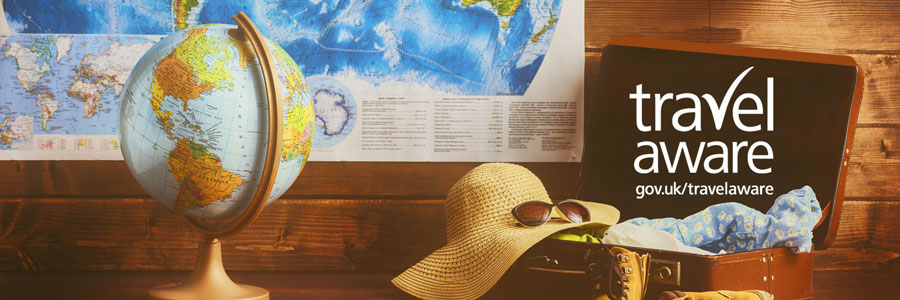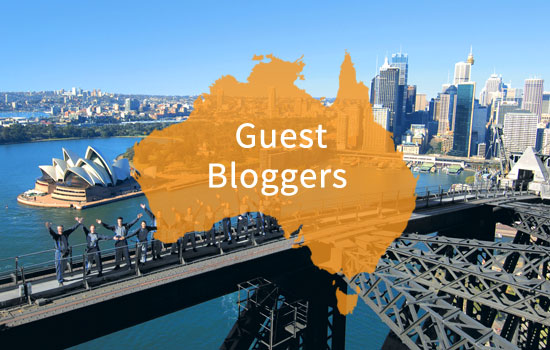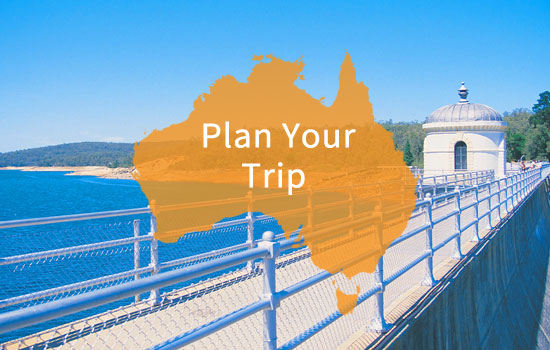History
Stretching beyond 50,000 yearsSunrise at Wilpena Pound, Flinders Ranges National Park, SA. Photo credit: Julian Kingma/South Australian Tourism Commission
A brief history of Australia
Since James Cook claimed the island for Britain in 1770, Australia has gained status, population, influence and wealth. Yet Australia’s history pre-Cook stretches back almost 50,000 years.
50,000 BC (ish)
Aboriginal nomads spread across the country, forming some 300 clans, speaking 250 separate languages, with around 700 dialects. Despite the nomadic life, clans identify with specific places and natural phenomena, and will often return for celebrations and gatherings.
20,000 BC
Aboriginal tribes reach Tasmania.
1606 AD
The Dutch are the first to record sight of Australia and sail round much of it. They name the land New Holland.
1770
Captain Cook lands at Botany Bay and claims the country for Great Britain.
1788
The first 800 British convicts arrive. By the time the practice ceases in 1868, 165,000 prisoners have been sent to Australia, most victims of the Poor Laws. 20% of them are women.
1793
The first free settlers arrive in Australia.
1803
English explorer Matthew Flinders becomes the first to circumnavigate Australia, and the first to suggest its name. Until now it has been known as ‘terra australis incognita’ (meaning ‘unknown southern land’).
1851
Australia’s first goldrush begins. Over the following decade the population increases three-fold to pass the million mark. The population explosion and the new-found value of the land have two dramatic consequences: (i) Chinese immigrants find restrictions imposed on their entry. (ii) Aborigines are dispossessed of their land and/or massacred. Their numbers collapse.
1856
Australia becomes the first country to introduce the secret ballot into its elections.
1877
Australia and England play the first cricket Test match in Melbourne.
1901
Australia becomes one nation when all six states commit to a single constitution.
1911
Following disagreements as to the location of the country’s capital (Sydney and Melbourne are both hotly touted), a new city – Canberra – is founded.
1914
Outbreak of World War I. Australians suffer huge losses at Gallipoli in Turkey in 1915.
1939
Australia follows Britain in declaring war on Germany, but it is from Japan that the country faces its greatest threat. When the US declares war on Japan in 1941 Australia allows the US to use its harbours as bases for its Pacific activities. In 1942 Darwin and other northern ports are attacked by Japanese bombers.
1948
Australia launches a new immigration scheme targeting Europe. Over the next 30 years more than two million people arrive, about one-third of them from Britain.
1956
The Olympic Games are held in Melbourne.
1967
Australian Prime Minister Harold Holt disappears while out for a swim. His body is never recovered. Constitutional changes see Aboriginals included in census figures for the first time.
1986
The Australia Act severs all links with the British legal and parliamentary systems.
1992
New Australian citizens no longer have to swear an oath of allegiance to the British Crown.
1998
A national referendum retains Queen Elizabeth II as head of state.
2000
Australia hosts the Olympic Games in Sydney.
2008
The Australian Government apologises for past wrongs committed against the indigenous population.
Planning a trip to Australia? Find places to stay in Australia
You May Also Be Interested In…
Grow The Grapevine
Join our guest blogging community
Going To Australia?
Plan your trip here
Ask, Answer or Browse
Search the forum or ask a question
Subscribe To Our Newsletter
Get the latest travel tips and info straight to your inbox.





